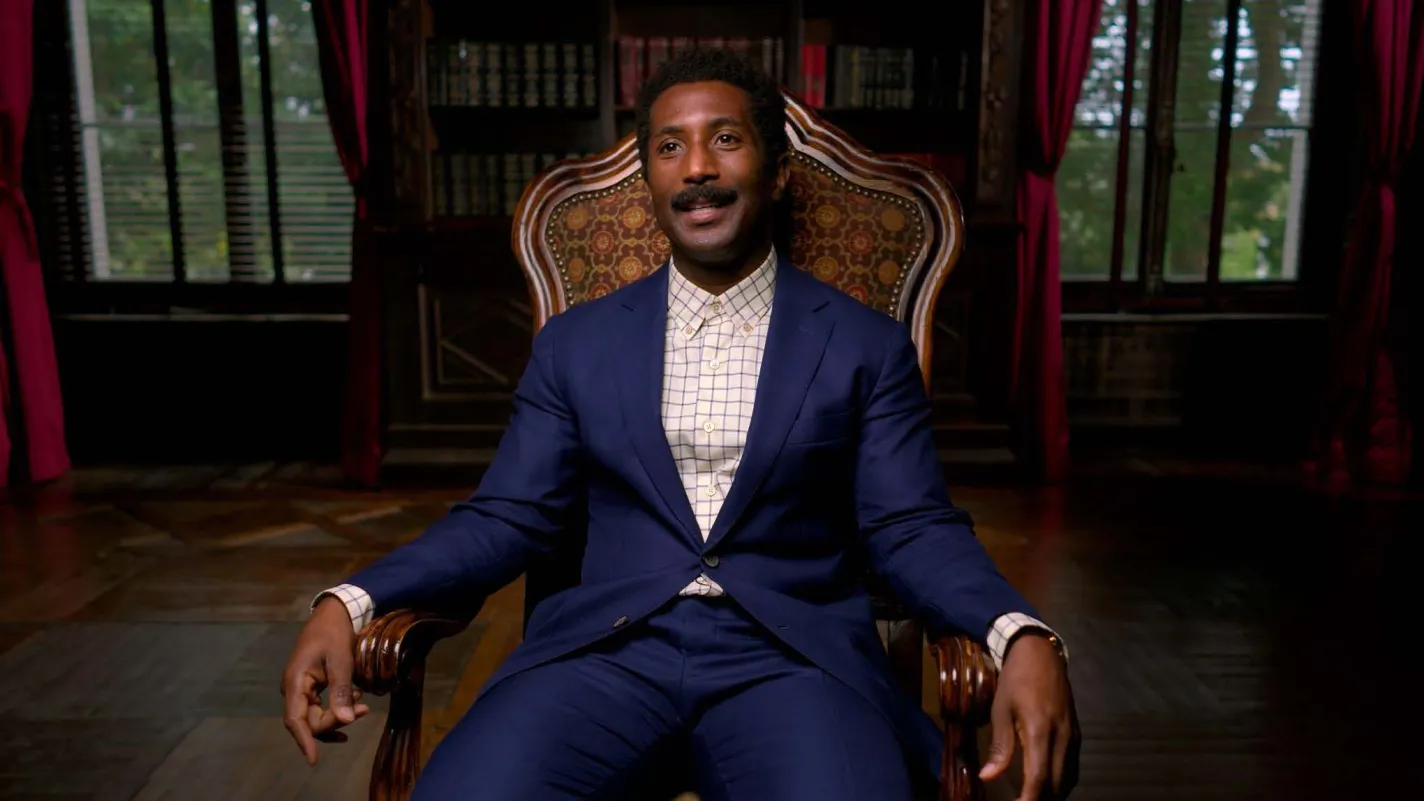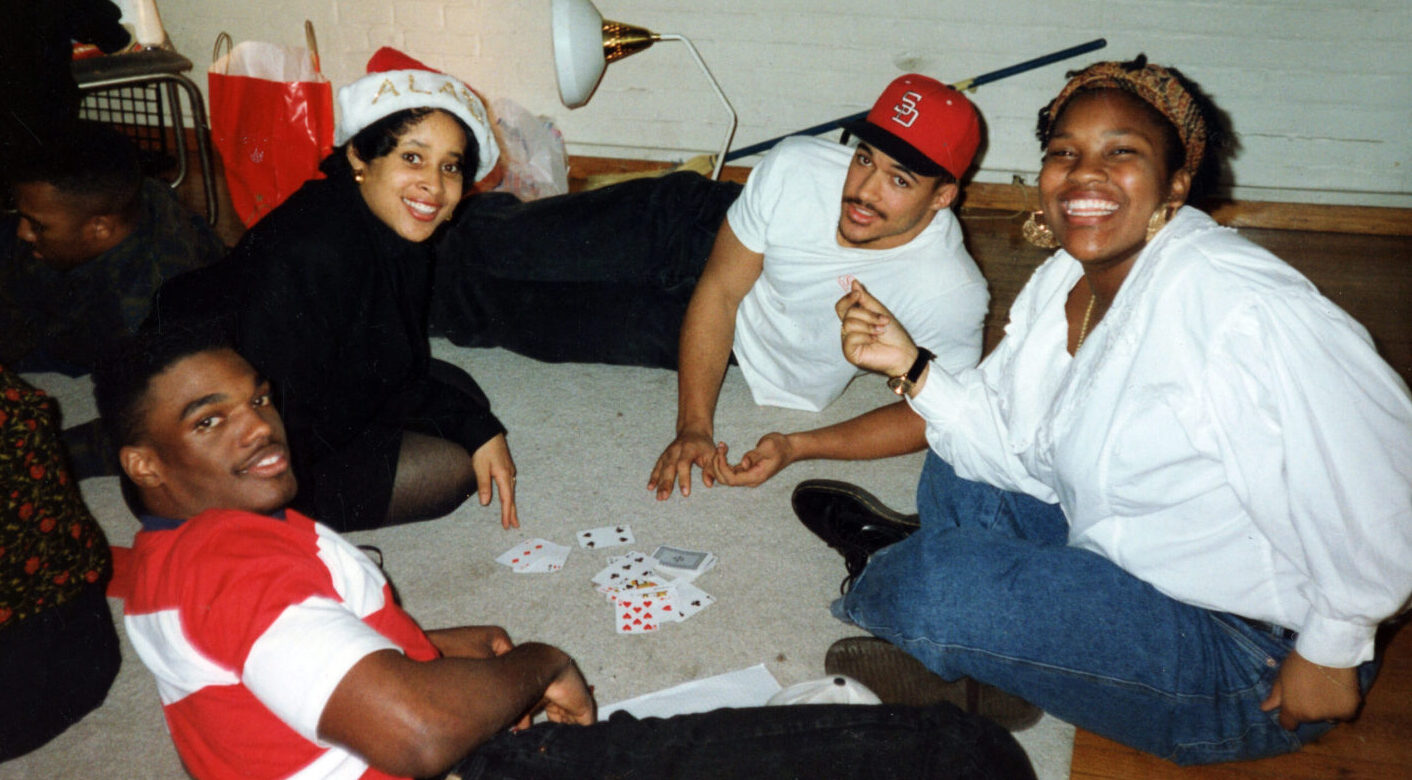
Tribeca 2024: Black Table
By Allison Brown
In riveting political documentary Black Table, co-directors John Antonio James and Bill Mack pose a complex question noted by one of their subjects: “what if a moment is a collection of stories?” A literal table, realistically several pushed together, in the Commons Dining Hall at 1990s Yale University becomes a metaphorical mecca for disjoined Black students looking for community and belonging. Discussions vary enormously in weight and sophistication, from existential evaluations of identity to colloquial chats about the biggest pop culture stories at the time with those who most understand their perspective. A topic that may have been a generic retread in the hands of other filmmakers becomes exceedingly complex and compelling in this skillful execution.
John and Bill weave together a wide range of personal anecdotes, old photographs, yearbook photos, newspaper clippings, popular movie snippets, and archival footage (of the school as well as current events) to really let their audience in on what it was like to be a part of it all. Rather than just solely moving through a slideshow of photography, the creative decision is made to lay the prints out over wood to demonstrate how intertwined their experience is with the actual table.
We are provided snapshots into the participants’ current lives, as it becomes obvious how much of a positive impact affirmative action in higher education may have made on their futures. Originating from all walks of life prior to acceptance (one even shockingly recalls a father who sold crack cocaine), graduates range from a Pulitzer Prize winning writer, to a nonprofit founder who gives back to their hometown, to a lawyer, and to other prestigious careers. Sprawling shots of stunning architecture and vivid greenery on campus exaggerate the grandeur of the New Haven locale. The choice to open and close with commentary from elderly 1952 alum Enoch Woodhouse, who paved the way for the focused 1994 class, seamlessly provides a full circle dénouement.
As a Caucasian outsider, the cultural education here is truly invaluable; the conversation on affirmative action is significantly more nuanced than one can fully comprehend. The slow transition from a kind of reparation to reinforce equity following American segregation and slavery to a watered-down diversity message seems to be responsible for the law’s unfortunate dissolvement last year. One can only hope films like these keep the topic front of mind so those indirectly affected can continue to learn and be an ally in finding the right way forward.
Take a seat at the Black Table and a bite out of found history when it premieres at Tribeca Film Festival on Saturday, June 8th.
READ ARTICLE ON JOSHATTHEMOVIES.COM
Tribeca Film Festival 2024
8 Highlights from This Year’s Event By Brian Tallerico The Tribeca Film Festival is nearly complet
Tribeca Festival 2024 Review
By Dwight Casimere Black Table – Documentary explores effects of Affirmation Action on Yale Univer
BLACK TABLE (Tribeca 2024)
A vital lesson in excellence By Liz Whittemore Yale’s Class of 97′ boasted the largest admission




